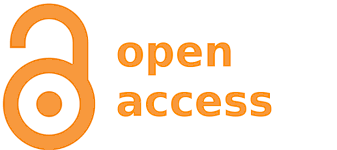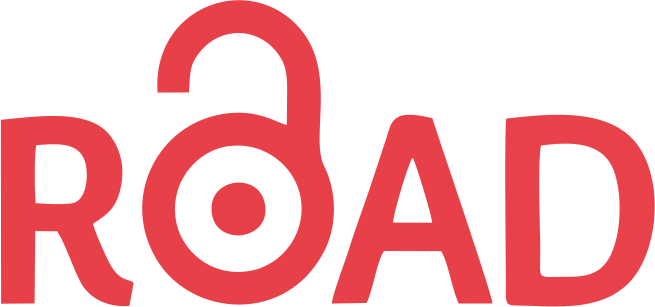Robotic Automation of Software Testing From a Machine Learning Viewpoint
Abstract
The need to scale software test automation while managing the test automation process within a reasonable time frame remains a crucial challenge for software development teams (DevOps). Unlike hardware, the software cannot wear out but can fail to satisfy the functional requirements it is supposed to meet due to the defects observed during system operation. In this era of big data, DevOps teams can deliver better and efficient code by utilizing machine learning (ML) to scan their new codes and identify test coverage gaps. While still in its infancy, the inclusion of ML in software testing is a reality and requirement for coming industry demands. This study introduces the prospects of robot testing and machine learning to manage the test automation process to guarantee software reliability and quality within a reasonable timeframe. Although this paper does not provide any particular demonstration of ML-based technique and numerical results from ML-based algorithms, it describes the motivation, possibilities, tools, components, and examples required for understanding and implementing the robot test automation process approach.
References
Beck, K. Test-driven development: by example. Addison-Wesley Professional, 2003.
Bihlmaier, A., and W¨orn, H. Robot unit testing. In International Conference on Simulation, Modeling, and Programming for Autonomous Robots (2014), Springer, pp. 255–266.
Briand, L. C. Novel applications of machine learning in software testing. In 2008 The Eighth International Conference on Quality Software (2008), IEEE, pp. 3–10.
Durelli, V. H., Durelli, R. S., Borges, S. S., Endo, A. T., Eler, M. M., Dias, D. R., and Guimar˜aes, M. P. Machine learning applied to software testing: A systematic mapping study. IEEE Transactions on Reliability 68, 3 (2019), 1189–1212.
Gojare, S., Joshi, R., and Gaigaware, D. Analysis and design of selenium webdriver automation testing framework. Procedia Computer Science 50 (2015), 341–346.
Gondra, I. Applying machine learning to software fault-proneness prediction. Journal of Systems and Software 81, 2 (2008), 186–195.
Goodfellow, I., Pouget-Abadie, J., Mirza, M., Xu, B., Warde-Farley, D., Ozair, S., Courville, A., and Bengio, Y. Generative adversarial nets. Advances in neural information processing systems 27 (2014).
Guo, X. Towards automated software testing with generative adversarial networks. In 2021 51st Annual IEEE/IFIP International Conference on Dependable Systems and Networks-Supplemental Volume (DSN-S) (2021), IEEE, pp. 21–22.
Lenz, A. R., Pozo, A., and Vergilio, S. R. Linking software testing results with a machine learning approach. Engineering Applications of Artificial Intelligence 26, 5-6 (2013), 1631–1640.
Marale, P. S., and Chandavale, A. A. Implementation of rest api automation for interaction center. In Intelligent Computing and Information and Communication. Springer, 2018, pp. 273–277.
Noorian, M., Bagheri, E., and Du, W. Machine learning-based software testing: Towards a classification framework. In SEKE 2011: The Twenty-Third International Conference on Software Engineering and Knowledge Engineering (2011), pp. 225–229.
Shi, C., Wu, C., Han, X., Xie, Y., and Li, Z. Machine learning under big data. In 6th International Conference on Electronic, Mechanical, Information and Management Society (2016), Atlantis Press, pp. 301–305.
Stouky, A., Jaoujane, B., Daoudi, R., and Chaoui, H. Improving software automation testing using jenkins, and machine learning under bigdata. In International Conference on Big Data Technologies and Applications (2017), Springer, pp. 87–96.
Copyright (c) 2021 MENDEL

This work is licensed under a Creative Commons Attribution-NonCommercial-ShareAlike 4.0 International License.
MENDEL open access articles are normally published under a Creative Commons Attribution-NonCommercial-ShareAlike (CC BY-NC-SA 4.0) https://creativecommons.org/licenses/by-nc-sa/4.0/ . Under the CC BY-NC-SA 4.0 license permitted 3rd party reuse is only applicable for non-commercial purposes. Articles posted under the CC BY-NC-SA 4.0 license allow users to share, copy, and redistribute the material in any medium of format, and adapt, remix, transform, and build upon the material for any purpose. Reusing under the CC BY-NC-SA 4.0 license requires that appropriate attribution to the source of the material must be included along with a link to the license, with any changes made to the original material indicated.






